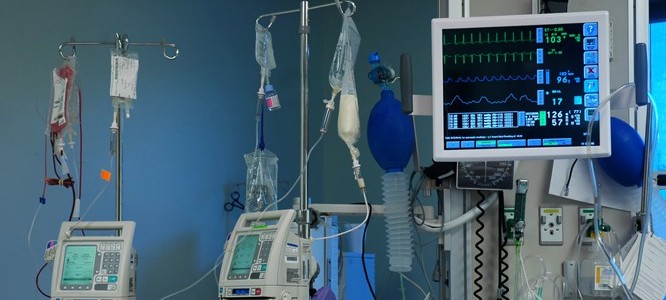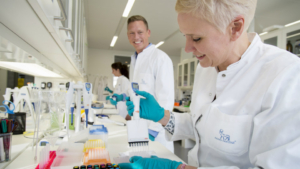
Inotrem SA raises €39m to provide POC for nangibotide
French biotech Inotrem SA raised €39m to finance Phase IIb efficacy testing of its TREM1 blocker nangibotide (Motrem) in patients with septic shock.
The Series B round was led by Morningside Ventures with Invus contributing as new investors. Existing investors participating were Andera Partners, Sofinnova Partners and BiomedInvest.
The investment builds on reported results of a Phase II a study enroling 49 septic shock patients with hyperlactemia, which showed acceptable tolerability of the company’s TREM1 (triggering receptor expressed on myeloid cells 1) inhibitor nangibotide and an 28 day-mortality of 14% vs 25% on placebo. Patients, whose sTREM-1 biomarker levels were above the median had a higher risk of mortality than those with median levels of the biomarker, for which Inotrem co-developed an companion diagnostics assay with Roche: 2 of 5 patients had died at day 5 (40%) in the high biomarker group vs 4 in 20 (20%) in the median biomarker group.
The company has received the FDA’s green light to conduct a Phase IIb trial in the US in patients with early septic shock, in which it will investigate Sequential Organ Failure Assessment (SOFA) score at day 3 post-administration (primary endpoint) of nangibotide and 28-day mortality (secondary endpoint) in stratfied and non-stratified patients. Inotrem announced it will use the proceeds to finance the study on 450 patients that will have its readout in Q1/2022.
The 12 amino-acid peptide nangibotide (LR12) specifically inhibits TREM-1. The TREM-1 pathway is an amplification loop of the immune response that triggers an exuberant and hyperactivated immune state. According to Inotrem, in preclinical septic shock models, nangibotide restored appropriate inflammatory response, vascular function, and improved animals’ survival. The company believes that nangibotide can dampen the hyperinflammatory response associated with sepsis and septic shock and improve survival. However, it has not been reported how the candidate affects organ failure, the cause of mortality in patients with septic shock.
Inotrem’s candidate, however, could be outpaced in clinical testing by an antibody candidate shortly before completion of a Proof-of-concept Phase II trial in 300 patients with septic shock. Adrenomed AG‘s adrecizumab targets adrenomedullin, a peptide hormone biomarker that has been shown to predict septic shock 48h before onset. Adrecizumab concentrates the vasoactive adrenomedullin in blood vessels, where it reverses endothelial dysfunction, which has been shown to be a major driver of the significant blood pressure drop that causes organ malperfusion and multiorgan failure in patients with septic shock. Primary efficacy endpoint of the multicentre Phase II study is Sepsis Support Index (SSI). Adrenomed, which last November received a €24m financing led by Wellington Partners and HBM Healthcare Investments, is also conducting clinical testing of adrecizumab in cardiogenic shock.




